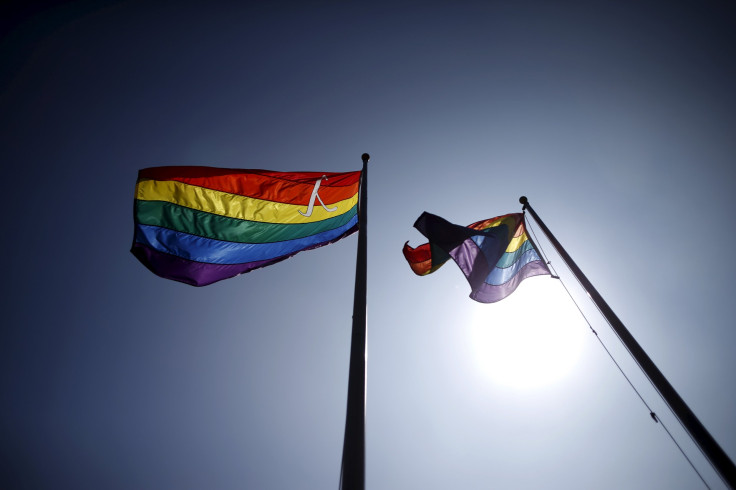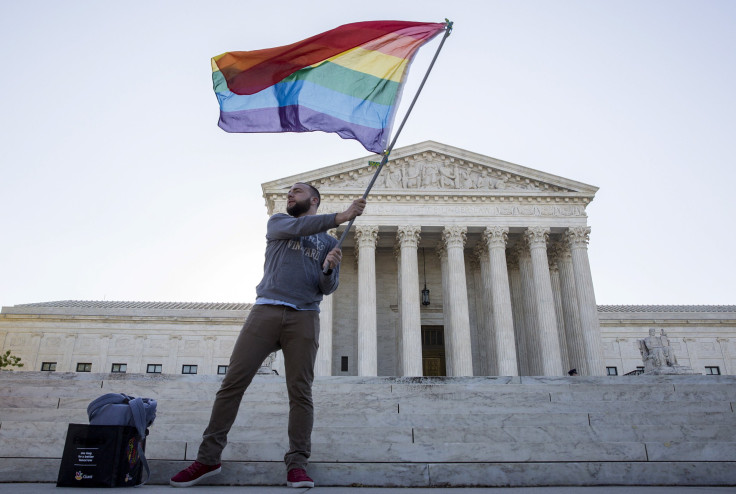Employer To Pay Transgender Woman Settlement For Alleged Discrimination: Report

Deluxe Financial Services Inc., a national check-printing company, is expected to pay a transgender woman $115,000, issue her a personal apology and change its policies for transgender employees under a settlement agreement approved by a Minnesota judge Wednesday, BuzzFeed reported. The woman, Britney Austin, alleged that she had experienced anti-transgender slurs from co-workers and managers at the company’s facility in Phoenix and that she had been banned from the restroom that corresponded with her gender identity.
Austin also purported that the company had refused to change her name on company records, despite the fact that the company denied her health insurance coverage for transition-related care. She also argued that the company denied her severance pay and COBRA benefits when she was laid off.
The company denied that it violated Title VII — or treated Austin unlawfully — but agreed to making improvements to its work climate for transgender employees. While represented by private attorneys, Austin was backed by the Equal Employment Opportunity Commission (EEOC) in federal court. The decision does not set a precedent but does show that there can be consequences for companies who discriminate against transgender employees, BuzzFeed reported.

“We are extremely grateful to the EEOC for taking on this important case on behalf of our client and working side by side with us to achieve a settlement that marks yet another Title VII victory for transgender employees,” Jillian T. Weiss, a private attorney who represented Austin along with attorney Ezra Young, told BuzzFeed News in a statement.
The EEOC has continually made an effort to further its 2012 decision finding that transgender discrimination is illegal as a form of sexual discrimination under Title VII. Earlier this month, the agency urged a federal appeals court to rule that sexual orientation discrimination is a form of sex discrimination and therefore illegal under the Civil Rights Act.
While the 2012 decision is not binding on courts, it is binding on federal agencies and is being applied by the EEOC, which has been investigating and seeking resolution of employment discrimination complaints. In a case in September 2015, the EEOC backed a transgender man from Louisiana, who alleged that his company fired him because he refused to sign a document acknowledging that his "preference to act and dress as a male, despite having been born a female" violated the company's policies.”
© Copyright IBTimes 2024. All rights reserved.






















